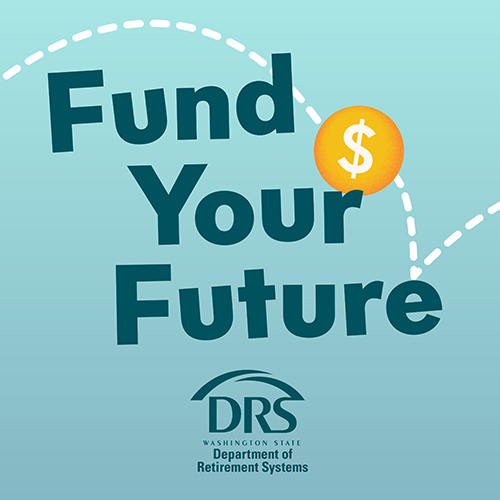New Employees
Washington public service employees are enrolled in retirement benefit plans administered by DRS. Here are a few resources to get you started.
Enroll in a plan
For some plans, you are automatically enrolled by your employer. This is often the case when a plan only has one active plan option at a time. If you don’t see your plan listed here, you can skip this section.
Public employees, teachers and school employees: PERS, TRS or SERS member? If so, you have 90 days to choose a retirement plan. The Plan Choice section can help you decide which plan is right for you.
Español (Spanish)
Law enforcement, firefighters, Washington State Patrol: LEOFF and WSPRS members can complete this enrollment form.
Higher education employees: If you are eligible for HERP, see your Plan 3 options.
New hire FAQ
System, plan, what?
DRS administers 15 different retirement plans to public service members throughout Washington. Each plan uses system and plan number labels. You don’t need to memorize them all, but knowing about them will help you navigate the DRS website in the years to come. Why does this matter? It’s good to know which plan and system you are in, so you’ll know immediately if a new rule or piece of legislation applies to you. Each system is a type of employment covered by the plan. Here are all the systems:
- Public Employees’ Retirement System (PERS)
- Teachers’ Retirement System (TRS)
- School Employees’ Retirement System (SERS)
- Law Enforcement Officers’ and Fire Fighters’ Retirement System (LEOFF)
- Washington State Patrol Retirement System (WSPRS)
- Public Safety Employees’ Retirement System (PSERS)
In addition to systems, each DRS retirement plan is labeled with a plan number: 1, 2 or 3. Each number represents different rules and plan structures. For example, Plan 2 is always a pension plan that you and your employer both contribute to. Plan 3 is always a pension account your employer funds, along with a separate investment account you fund. Customers are no longer eligible to enroll in Plan 1 for any of the systems.
What about DCP? Deferred Compensation Program is not actually a plan or system, but it is a voluntary savings program administered by DRS. If your employer doesn’t offer Washington’s DCP, ask about other additional savings programs to increase your retirement income.
Why was I enrolled in DCP? How do I opt out?
State agencies and some additional public employers have DCP automatic enrollment for new hires. Read more about automatic enrollment, including instructions for how to modify or opt out of your enrollment as well as information about withdrawing your contributions.
How do I set up my DRS online account?
After receiving your first paycheck from your employer, you can activate your DRS retirement account and view your account information online. More about online accounts.
Can I change my contribution rate?
Plan 2: No. Your contribution rate is determined by the state Pension Funding Council. The rate can change every two years. See the most recent rates.
Plan 3: You can only change your contribution rate if you change employers. You select (or default into) a rate when you first enroll in your plan. See all Plan 3 rates.
Do I have to contribute to a retirement plan?
Yes. A retirement plan is a required part of the benefits package for Washington public service employees. Both Plan 2 and Plan 3 offer a lifetime pension benefit. The pension amount depends on how long you work in public service and your salary.
How do I add a beneficiary?
In the event of your death, DRS needs to know where to send your retirement account balance. Choose your beneficiaries now. Make this choice through your online account once you are enrolled in a plan, or complete a paper form if you’d like to take care of this now.
More resources
Podcast episodes for new hires:

More
View a recorded webinar on choosing a plan, or see all available webinars.
Every plan has a guide page. Read about your plan.
About – DRS serves current and former public employees in 15 different retirement plans.
Updates Get email or text news from DRS. On topics you choose.
DRS has a glossary, available anytime you need it.

